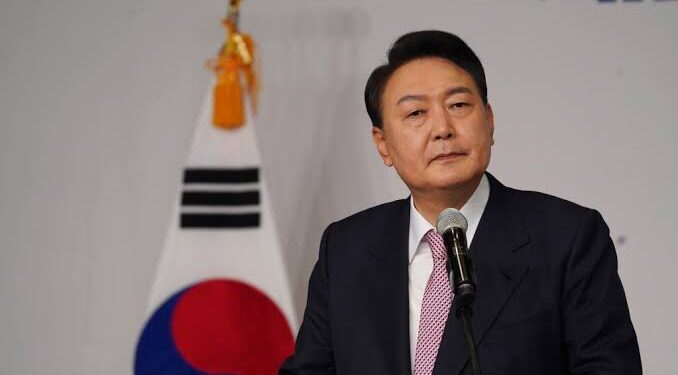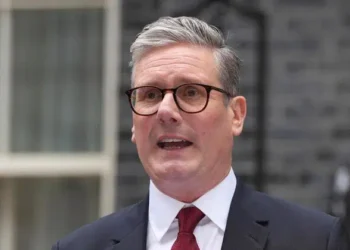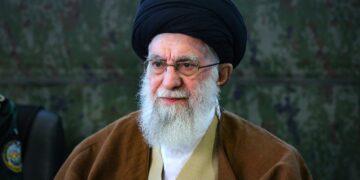South Korean President Yoon Suk Yeol narrowly avoided impeachment after ruling party lawmakers boycotted Saturday’s parliamentary vote. Opposition lawmakers, enraged by Yoon’s recent declaration of martial law, called the boycotters “cowards” as they fell short of the quorum required to proceed.
Why It Matters
The crisis highlights South Korea’s lingering wounds from past military dictatorships, where martial law symbolized oppression. Yoon’s short-lived declaration rekindled fears of authoritarianism, shaking public trust in democratic governance.
A Desperate Apology
Yoon apologized Saturday, describing his martial law decision as an act of desperation to preserve national security. In his two-minute statement, he admitted responsibility and promised not to reattempt constitutional violations. “I caused anxiety and inconvenience,” Yoon said, vowing to entrust his party with stabilizing the political climate.

A Nation in Turmoil
The turmoil began Tuesday night when Yoon accused opposition lawmakers of “anti-state activities” and imposed martial law in a shocking, late-night address. Within hours, his decree was overturned by lawmakers storming past soldiers into parliament. Revelations about Yoon’s alleged plan to arrest opposition figures, including the Democratic Party leader, intensified the backlash.
Mounting Pressure on Yoon
The ruling People Power Party leader, Han Dong-hoon, has since declared Yoon’s resignation “inevitable,” citing his inability to lead. Han, who initially defended Yoon, reversed course after learning of an alleged arrest list targeting political opponents. He urged Yoon’s suspension, warning of “grave danger” to the nation if the president remains in office.
The Bottom Line
Yoon’s attempt to wield martial law has plunged South Korea into political chaos, threatening its hard-won democracy. His apology may buy time, but with dissent growing in his party and public outrage mounting, his political survival remains uncertain.

















